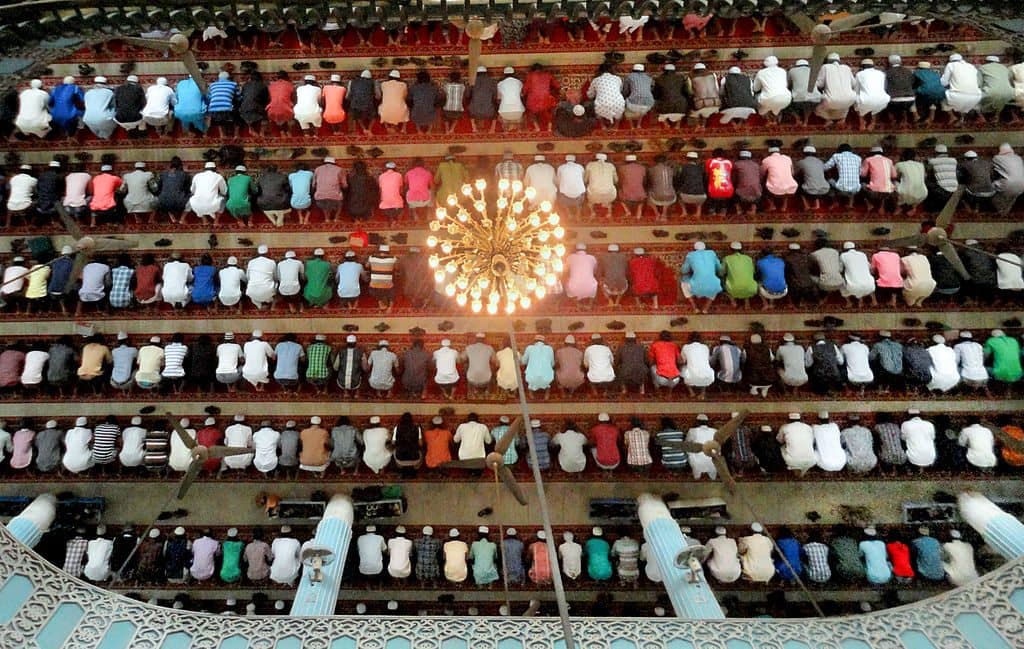Is It Valid to Pray Make-Ups Behind Tarawih Prayers?
Shafi'i Fiqh
Answered by Shaykh Jamir Meah
Question: Assalamu alaykum
I have been making up my missed Fajr prayers in Tarawih congregations at a mosque. I make the intention that I am making up Fajr every two rak’as with the Imam and followed him. Is what I did sound?
Answer: Assalam ‘alaykum. Thank you for your question.
It is valid to pray an obligatory prayer behind a sunna prayer in the Shafi’i school. Therefore, your praying Fajr make ups behind the Tarawih prayer is valid.
Different prayers
It is legally valid to pray a current fard prayer behind a fard make-up prayer (qada) and vice versa, and a fard prayer behind a nafl (voluntary) prayer and vice versa, even if the number of rakats are different. However, it is considered not best practice (Khilaf al Owla) and better to pray on one’s own.
Make ups
In the Shafi’i school it is sunna to make up missed prayers in the order they were missed, and disliked to not pray them in order, though they would still be valid.
[Iyanat al Talibin, Bushra al Karim]
Considerations
Fiqh-wise, given the above rulings, it would seem better to make up one’s missed prayers alone and in order.
However, given the pressing need for people to be a part of religious communal activities as much as possible, and to be able to take part and benefit from prayers during the special month of Ramadan, the social element and its palpable benefits can be weighed against the fiqh rulings we have mentioned above.
As such, there’s no harm in praying missed Fajr prayers behind the Tarawih prayers, as it has multiple benefits and one is still making up missed prayers. In fact, many of our Shafi’i teachers encourage people who have make-ups to do just this during Ramadan. And Allah knows best.
May Allah accept all your efforts and supplications during Ramadan, insha’Allah.
Warmest salams,
[Shaykh] Jamir Meah
Shaykh Jamir Meah grew up in Hampstead, London. In 2007, he traveled to Tarim, Yemen, where he spent nine years studying the Islamic sciences on a one-to-one basis under the foremost scholars of the Ribaat, Tarim, with a main specialization and focus on Shafi’i fiqh. In early 2016, he moved to Amman, Jordan, where he continues advanced studies in a range of Islamic sciences, as well as teaching. Jamir is a qualified homeopath.
